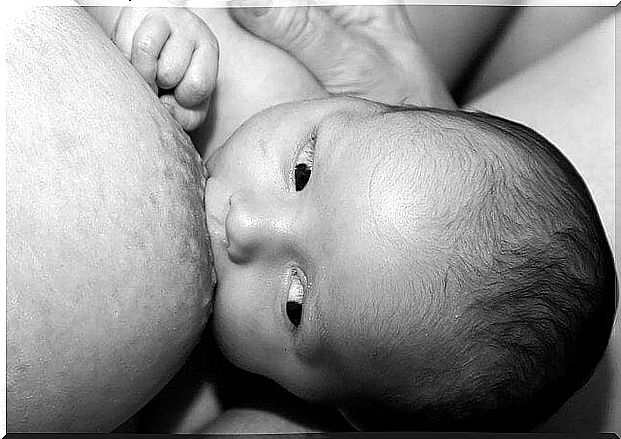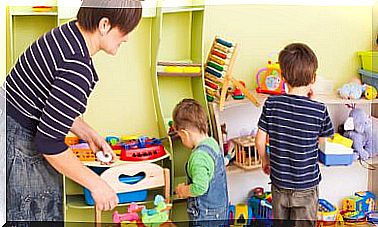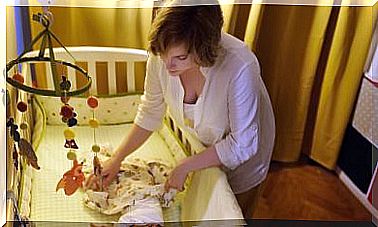Lactation And Work: How Do I Do It?

You are back in the workplace after a few months of exclusive dedication to your post-pregnancy recovery and your baby. But you don’t want to stop breastfeeding. The big question of that period is: breastfeeding and work, how do I do it?
It is mistakenly thought that if you go back to work you should stop feeding your baby with breast milk and replace this food with formulas or solid food. No way. If you want to continue breastfeeding your baby, as recommended by pediatricians, the first thing you should do is inform yourself.
You must be aware of the regulations and standards that protect mother and child in the first months, the postnatal and breastfeeding permits that exist in your country and all the regulations on the subject. Thus, you can defend your rights and those of your little one.
Breastfeeding and work, how do I do it?
Breast milk is the most complete food you can give your baby and its consumption is exclusive in the first six months of life. It is also a safe food, always available and free.

Organization
Before your return to work, prepare a plan in advance. Organize who will take care of your child while you are away and where they will, prepare a description of their diet and routines and share it with the caregivers. This will make you feel more prepared when you return to work.
Balance between breastfeeding and work
Motherhood, family, health and success in life are all about balances. Avoid getting into the workday completely the first few days. Go step by step. If in your case it is possible, start with half a day and increase the hours.
Breast milk bank
World breastfeeding organizations recommend conducting a breast milk bank at home. Breast milk can remain frozen for up to three months without its composition altering and 48 hours in natural environments.
The milk bank is very simple. You will need glass, plastic containers or special sterilized airtight bags for food preservation. In them you will place the milk that you have previously extracted and keep it in the refrigerator. It is recommended to keep a milk bank for up to 15 days of conservation.

Introduction to the caregiver
Make, days before your return to work, a meeting with the caregiver on the key aspects of caring for the baby. For example, ask them to wait for you if your arrival home coincides with the baby’s feeding time. So you can breastfeed the baby. In the same way, try to make sure that the meal times coincide with the moment before going to work.
If you have left your child in the care of a family member at home and the family member is close to work, both of you can agree to bring the child closer to feed him during your hours of rest. Another option is for you to go to his nursery or kindergarten to breastfeed him.
Expressing milk to combine breastfeeding and work
To maintain milk production, and prevent your breasts from being affected by not being able to feed the baby at the corresponding times, perform the milk expression. Talk to your boss, especially, that you are breastfeeding so that he has the necessary considerations . If you have companions in the same situation, share your concerns with them.
Express milk in a safe, comfortable way. About five minutes per breast is more than enough. Store the milk in an airtight, closed sterile container and keep it in the refrigerator at work. Transfer it in a bag with cooling gel, ice, or a cooling bag.
Decide without guilt
Balancing breastfeeding and work is not easy. Breastfeeding is a commitment and burnout decision. But you do it for your son and his health.
Consider that if you feed him with breast milk, he will have less risk of getting sick. Therefore, the time that you now dedicate to continue breastfeeding later on you will save on worries, sadness and absences from work.
However, if in the process you notice stress, irritation, feel discomfort or begin to avoid extraction, it is time to reconsider the decision, without guilt. Your well-being is intrinsically linked to that of your child. Don’t feel bad about whether or not you decide to continue breastfeeding.










